My Hero Academia came to an end after a decade of weekly chapter releases. It was a long and emotional journey for its characters and fans, but undoubtedly a worthy one.
After the conclusion of the longest arc in the series, the Final War arc, Kohei Horikoshi provided readers with a seven-chapter epilogue, which focused on the societal and individual changes brought about by the war. Throughout these chapters, the author concludes several character arcs, reveals what happened to certain villains and heroes, and gives readers a glimpse of what post-war Japan looks like. The epilogue eventually culminated in the release of chapter 430, which officially brought an end to the My Hero Academia manga on Aug. 4.
How does My Hero Academia end?
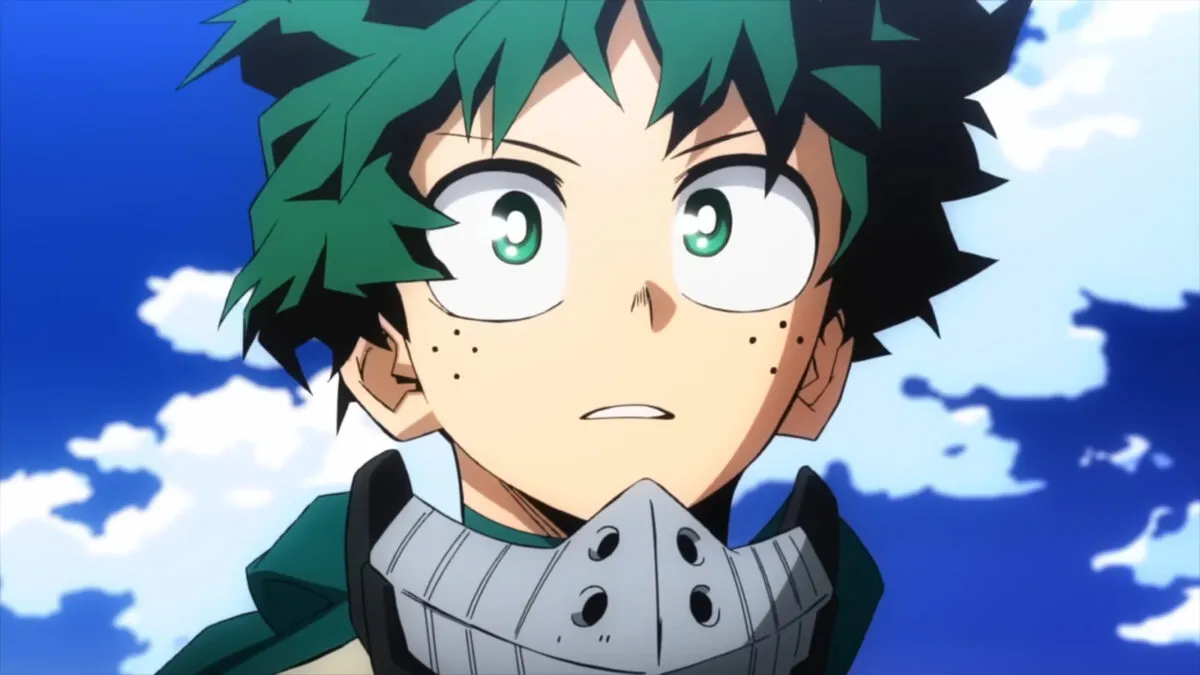
Chapter 430 is set in the present day, eight years after the war, and we finally get to see the version of Izuku Midoriya that has been narrating the story. He is now 25 years old and a teacher at U.A. High School, using his spare time to write his story down in a notebook. In a direct parallel to chapter 1, this installment begins with the protagonist talking about how people are not born equal, but instead of seeing it as a cruel fact of nature, he now considers it a reason for individuals to build bridges.
He continues by reflecting on the lesson he learned at 17 — that being a hero isn’t necessarily about having the power to make large-scale changes, it’s simply about caring about other people and reaching out to them. As he narrates, we see a montage of the things that happened in the past eight years, like the publication of Spinner’s book, Shoji’s Peace Prize, Class A’s graduation, and bits of the Pro Heroes’ lives. We also learn that One for All’s embers slowly got weaker, until they disappeared completely, leaving Deku quirkless once again.
Without this power, the protagonist could no longer act officially as a hero, so he now directs his need to help others by guiding younger generations as a teacher. This may not have been his goal, but no matter how much society has changed, there are still children out there who need this guidance. Dai is one such kid, wishing to be a hero despite the odds being stacked against him, much like Deku was at 14. In this chapter, the main character takes on the role of mentor, telling Dai exactly what he needs to hear just like All Might did for him in chapter 1.
My Hero Academia‘s ending showcases Deku’s lasting impact on society

Fans may have some fair criticisms about My Hero Academia‘s ending, but claiming that nothing has changed in society after the Final War is just wrong. Societal change takes time, but in the eight years since Deku’s victory over All for One, things have gotten better. Inspired by Deku’s determination, civilians have started to contribute to a kinder and safer country by taking it upon themselves to help those in need. This is a stark contrast to the folks introduced at the beginning of the series, who were way too used to standing by as they relied on Pro Heroes to save the day.
Of course, heroes couldn’t be everywhere at once, so it wasn’t uncommon for things to slip between the cracks. Every member of the League of Villains was proof of this, having been abused, neglected, or shunned by a society that took no responsibility for its shortcomings. After the war, however, we see people reach out to one another, as showcased in chapter 429 by the old lady who, although scared, makes up for how she failed Tomura Shigaraki by saving a child in the exact same position.
This collective focus on prevention, coupled with Ochaco Uraraka’s quirk counseling project and Mezo Shoji’s efforts in resolving prejudice-based conflicts, have led to a decline in criminality. It’s also evident that society has expanded its concept of what makes a hero, with other professionals like doctors, inventors, or programmers stepping into the spotlight as well. Essentially, anyone can and should be a hero — in their own way.
What happens to Deku at the end of My Hero Academia?
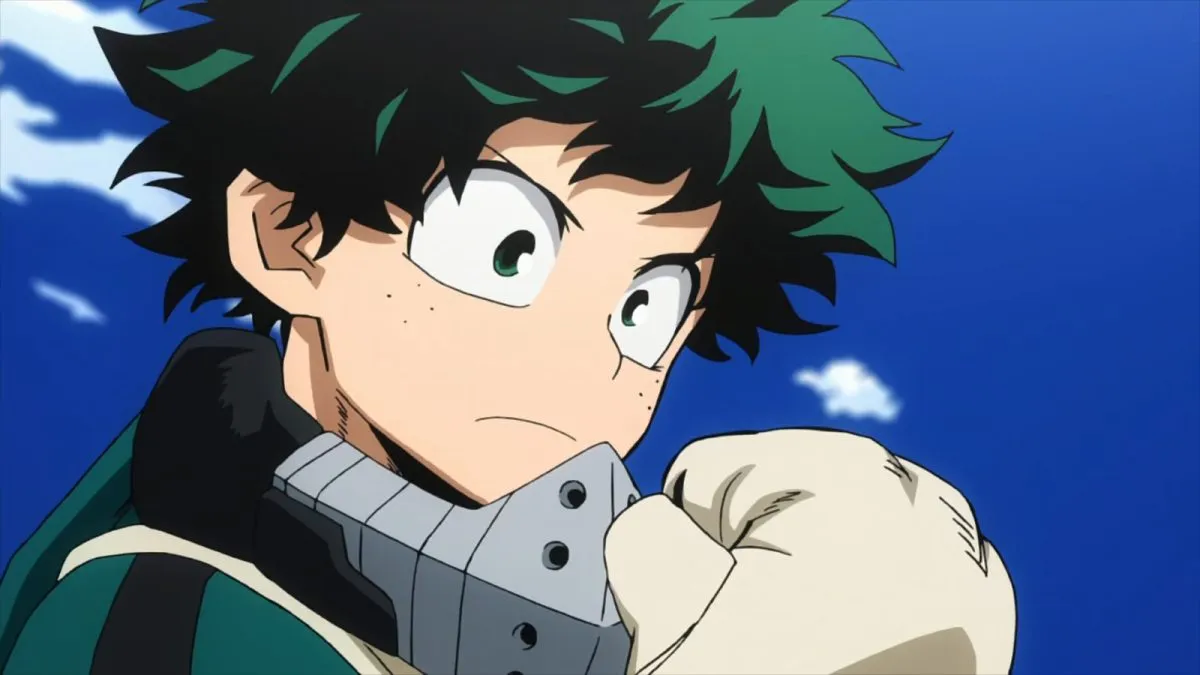
At the very end of chapter 430, it’s revealed that losing his quirk isn’t actually the end of Deku’s dream to be a Pro Hero. As All Might returns from a trip to the U.S., he brings with him a surprise gift for his successor. It’s a new, extremely expensive hero suit, similar in looks to Deku’s old costume, but created specifically to support the heroic work of someone without a quirk. It’s a more advanced (and lighter) version of the armored suit All Might used in his last fight against All for One, funded by the Class A alumni and with Katsuki Bakugo at the heart of the project.
This development brings the story full circle, as All Might physically delivers power back to Deku, and Bakugo extends his hand to him for the first time, inviting him to follow his dream. My Hero Academia concludes with Deku joining the former Class A students, all in their new hero costumes and ready to take on a mission. On his way, the protagonist sees the ghost of Shigaraki — an indication that he has not been forgotten by Deku, and also a reminder to keep reaching out to the outcasts of society. Only this can guarantee a brighter future.

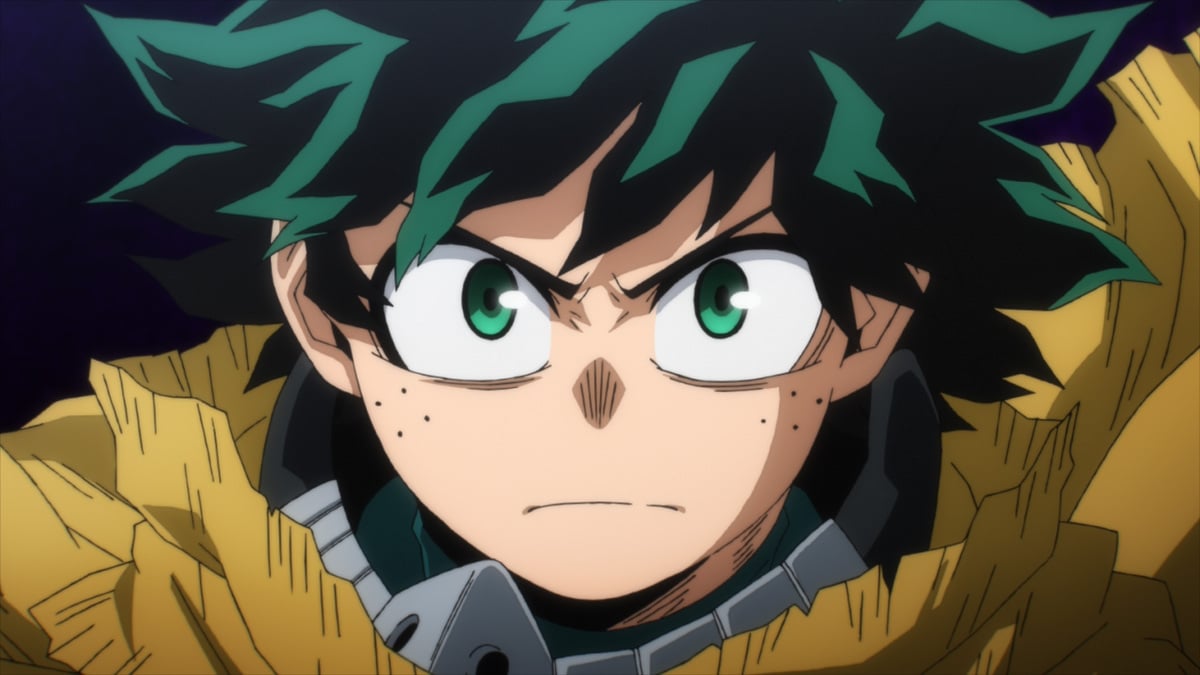
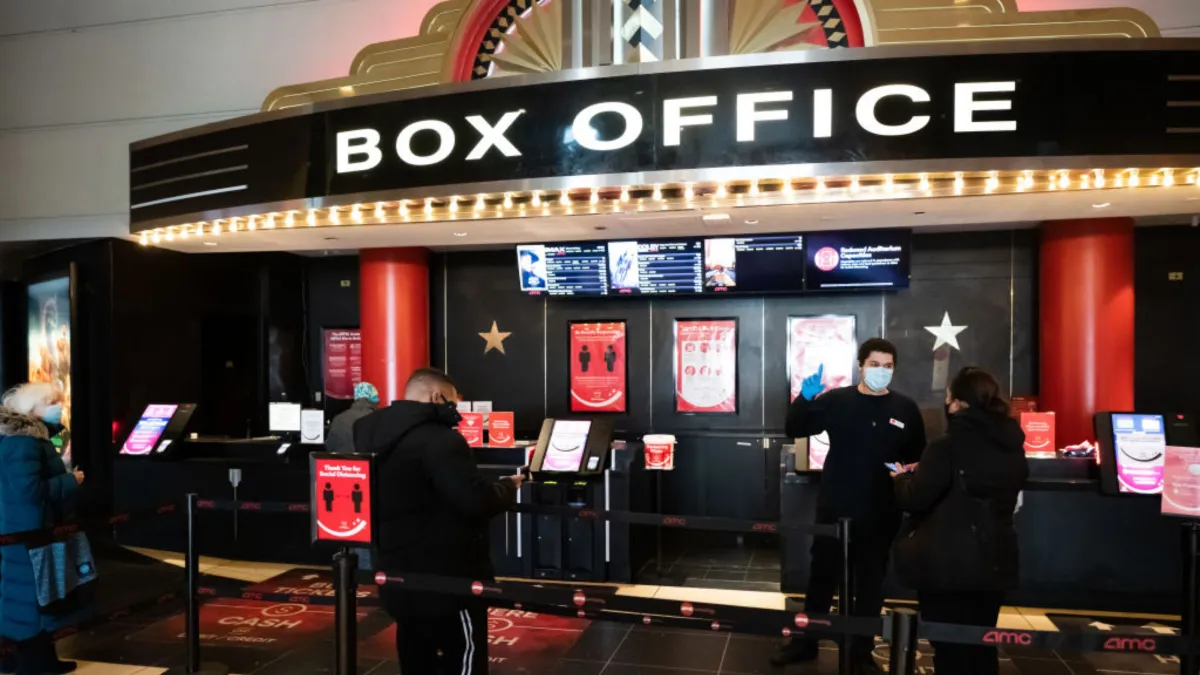
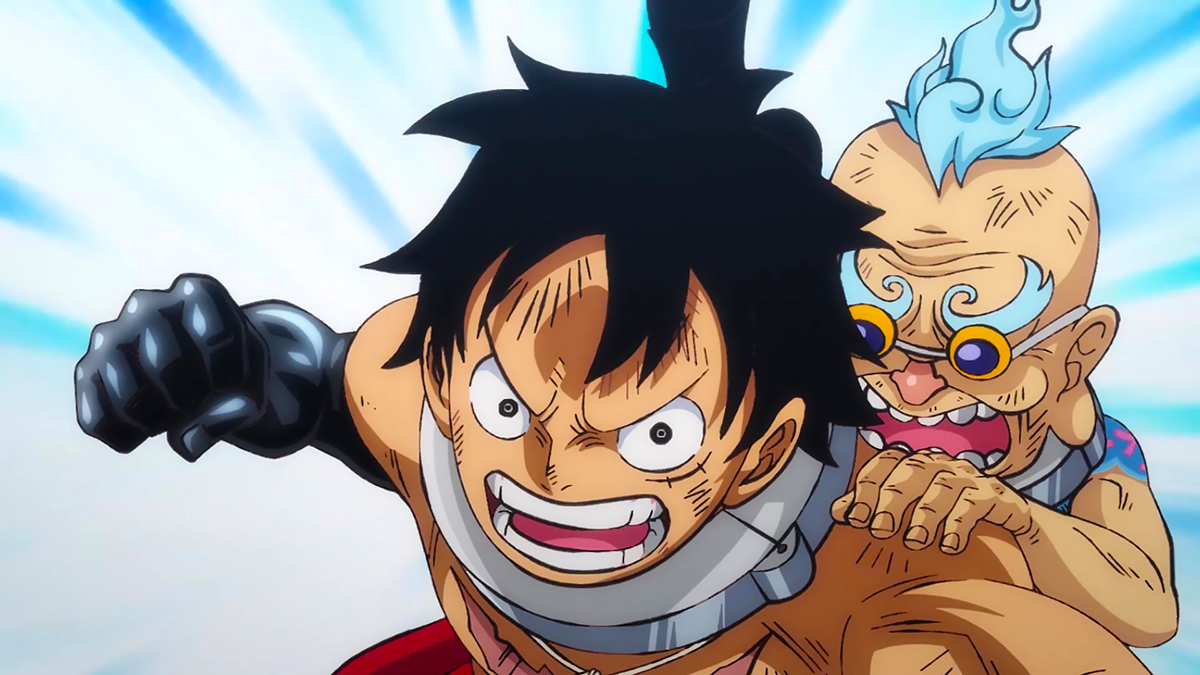
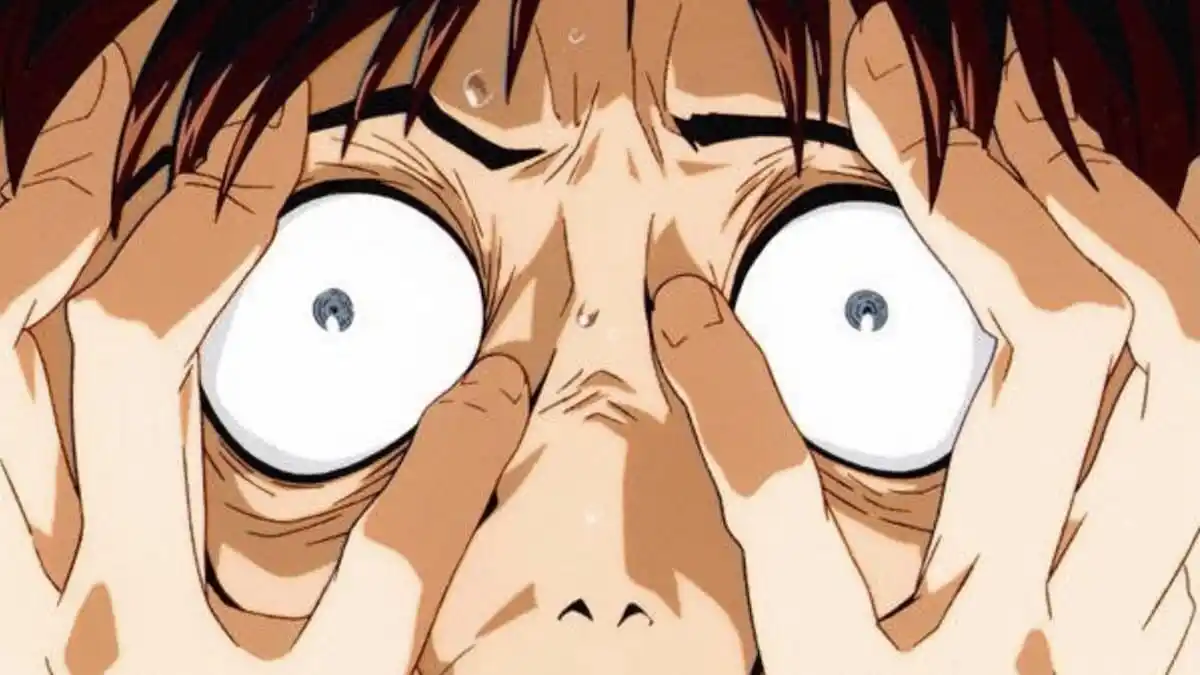
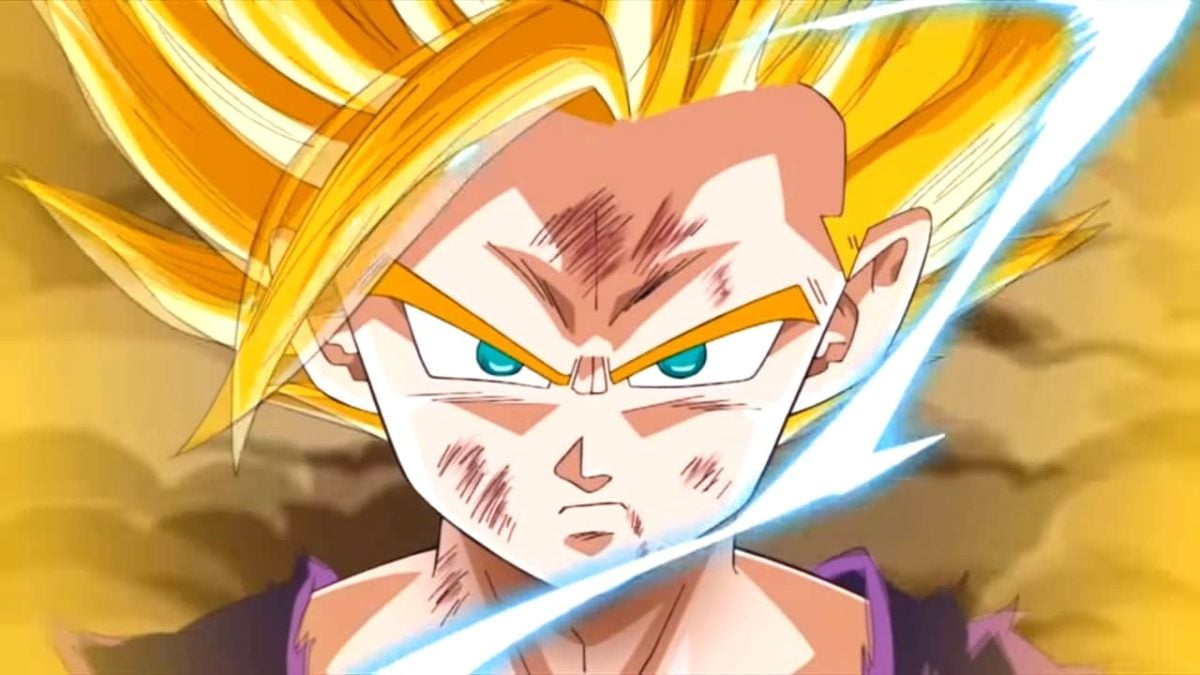
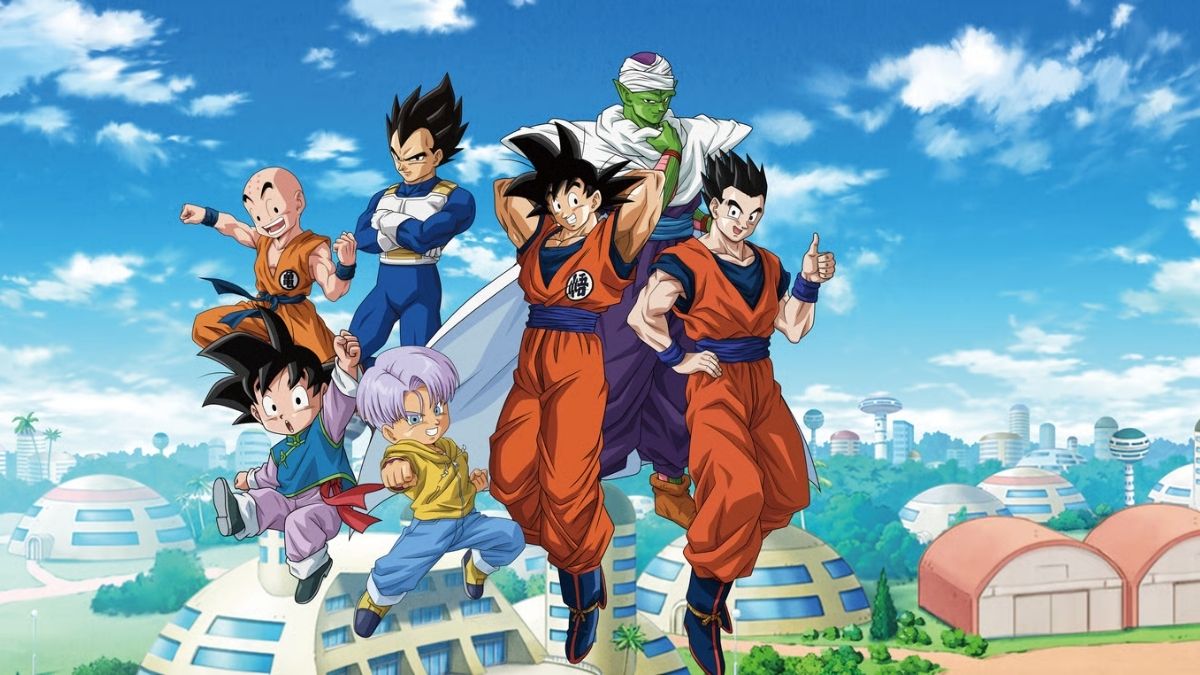
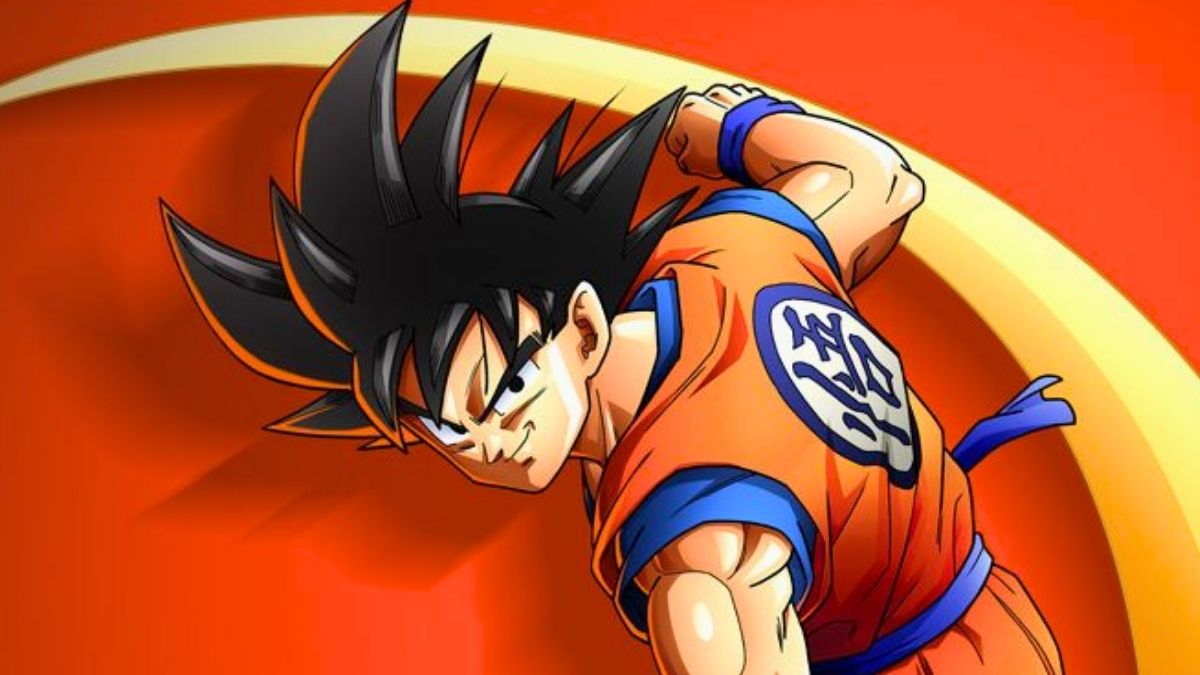
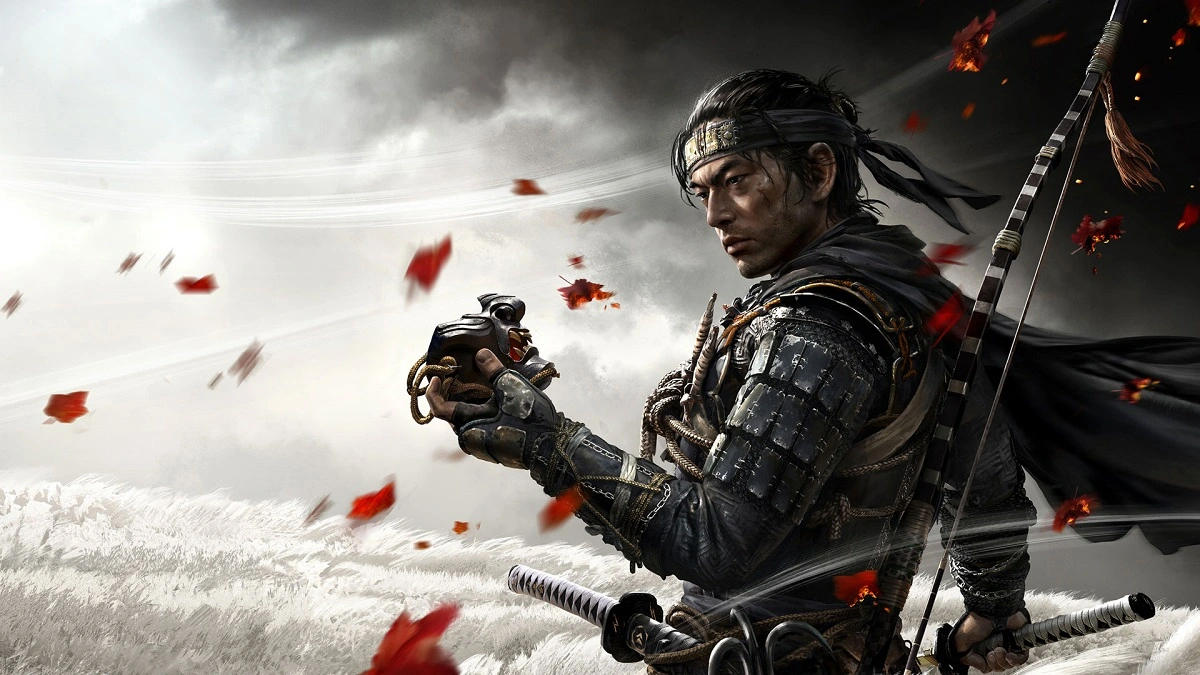
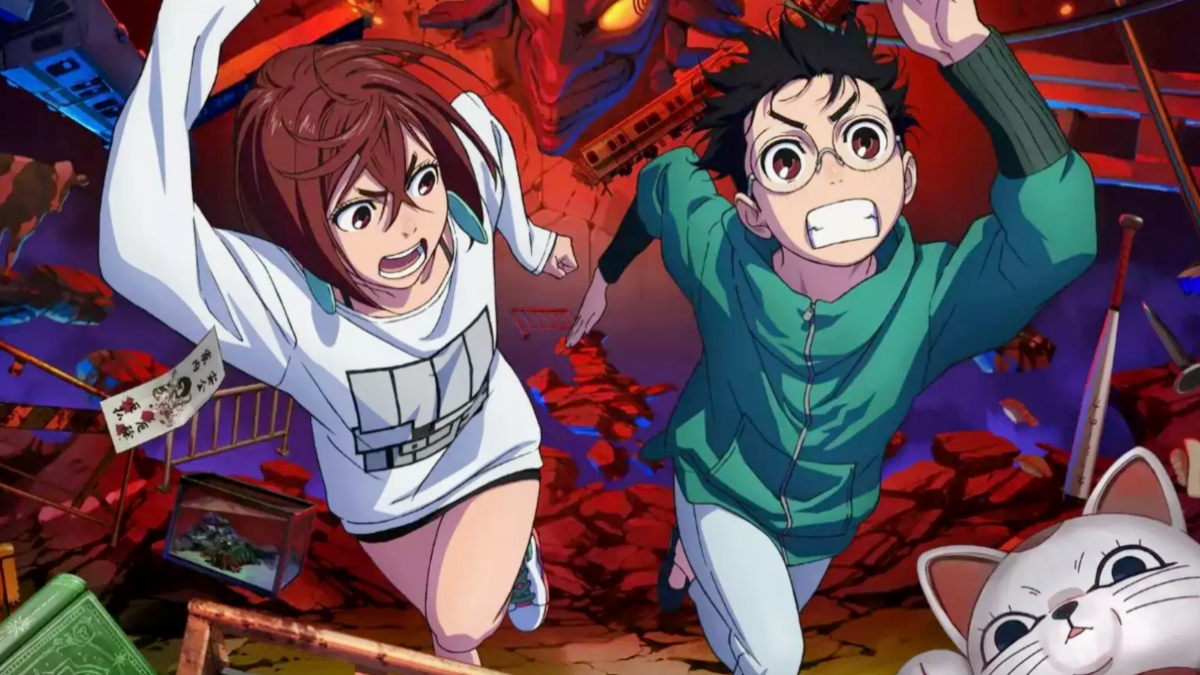

Published: Aug 5, 2024 07:10 am